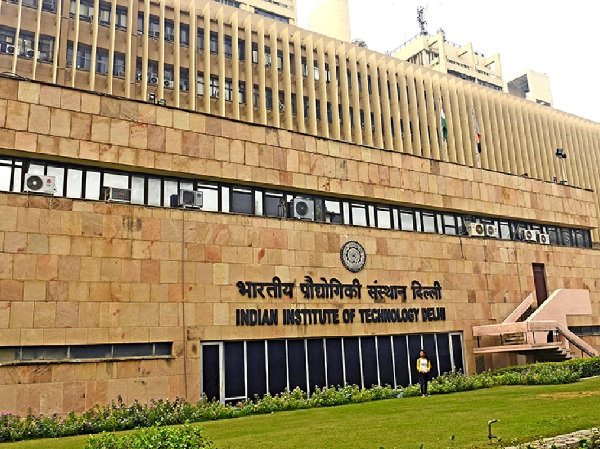
- Book to help researchers, policymakers, government agencies, law firms, legal practitioners, students and more
- Book aims to map the landscape of and provide insights into the
application of Technology and Analytics to the law and justice space
New Delhi: The DAKSH Centre of Excellence (CoE) for Law and Technology at IIT Delhi launched a book titled ‘Technology and Analytics for Law and Justice’ on Friday. The book was launched by Hon’ble Mr. Justice Rajiv Shakdher, Delhi High Court.
IIT Delhi’s Prof. NomeshBolia, Coordinator, DAKSH CoE,and Mr. Surya Prakash BS, Fellow and Programme Director at DAKSH, Bengaluru,have edited the book.
This book is a unique volume from the DAKSH CoE and examines the evolution of technology in the law and justice system in India. It delves into the challenges and opportunities presented by technology, current thinking on the subject, and what the future may hold for this rapidly developing field.
Chief Guest, Mr. Justice Rajiv Shakdher, said, “The publication of this book is timely, given technological tsunami that world is faced with today. Data driven innovation is the way forward and this book makes a case for adoption of such approach with all emphasis at its command.”
From tracing the historical journey of law and technology in India to the rise of ‘justicemakers,’ the impact of cutting-edge forensic technology, the world of smart contracts, and the realm of surveillance, this book offers a comprehensive and thought-provoking look at the ever-changing landscape of law and technology.
Mr. Surya Prakash BS,Fellow and Programme Director at DAKSH, Bengaluru, and one of the editors of the book, said, “This book has come out at a crucial time since Phase III of the e-Courts project is underway with its emphasis on building digital public infrastructure and citizens experiencing justice as a service.”
The bookwill be helpful to a broad audience, including researchers, policymakers, government agencies, technologists, law firms, legal practitioners, academics, and students looking for a head-start in transforming law and justice systems.
Prof. NomeshBolia, the editor of the book, said, “As the digital age reshapes India's legal framework, this book serves as an indispensable guide to navigating the future of the justice system in our tech-driven society.”
The book is divided into four sections: Access, Assistance, Analytics and Institutionalisation. It seeks to answer the following questions:
- What has been the trajectory of technology adoption in India’s law and justice systems?
- How do communities perceive this, and what are their needs and expectations?
- What questions are innovators in the space working on? What needs to be solved to take the ecosystem to the next level?
- How can institutions embed these innovations into their practices?
The curated volume contains insightful chapters from leading thinkers in the space such as BK Agarwal, Vikramjit Banerjee, Sachin Malhan, Nikhil Narendran, Harsh V Pant, Santosh K Misra, Susan Thomas, BhargaviZaveri, MuraliNeelakantan, Ashish Kulkarni, Joseph Pookat, Prachee Mishra and from leading organisations such as IIT Kanpur, IIT Kharagpur, RashtriyaRaksha University, IIM Ahmedabad, IISER, Jindal Global Law School, Aapti Institute, Digital Futures Lab.
The launch event organised at IIT Delhiwitnessed a panel discussion also with Hon’ble Justice Rajiv Shakdher, Prof.NomeshBolia and Mr. Surya Prakash BS as participants.
About the DAKSH Centre of Excellence for Law and Technology
The DAKSH Centre of Excellence for Law and Technology at IIT Delhi conducts interdisciplinary research to explore and understand various aspects of the justice system. Itbrings together lawyers, researchers, scientists, and policy analysts to build solutions for the biggest challenges facing the justice system, drawing from fields such as operations research, data analytics, technology and law.As an interdisciplinary centre harnessing the strengths and experience of IIT Delhi and DAKSH, the DAKSH Centre of Excellence for Law and Technology leverages rigorous research to produce a real-world impact on the functioning of the justice system.
*****
Click Here for More Latest News
